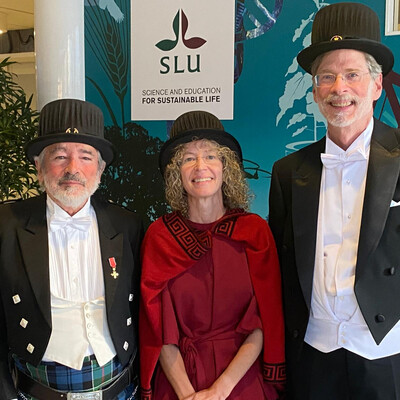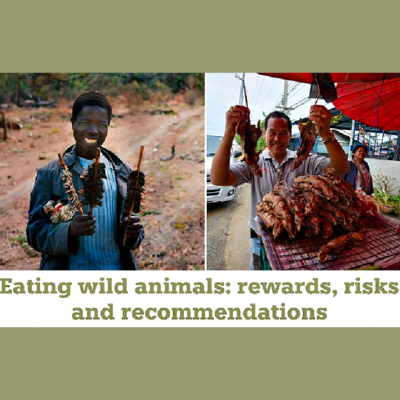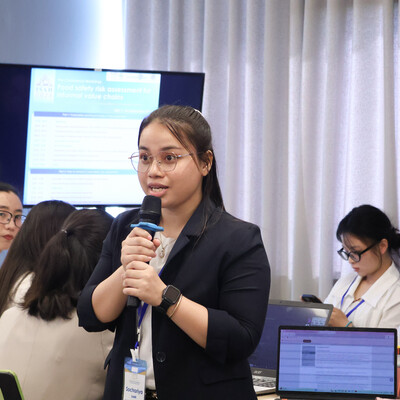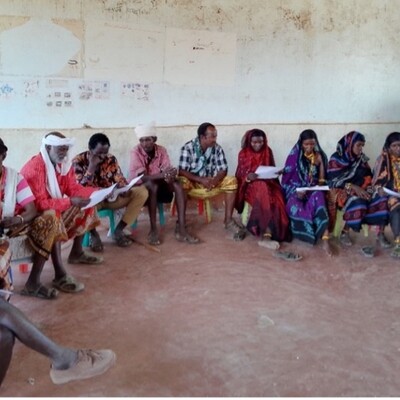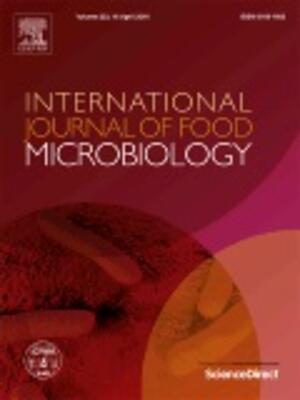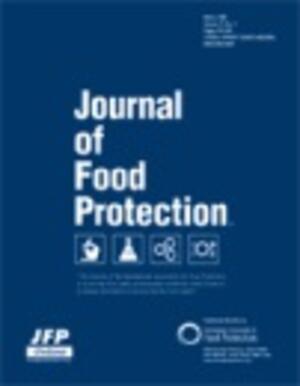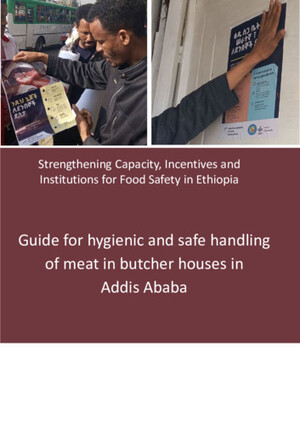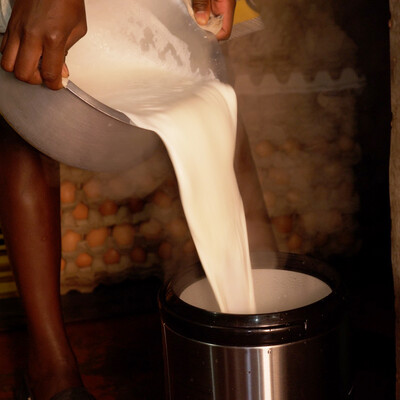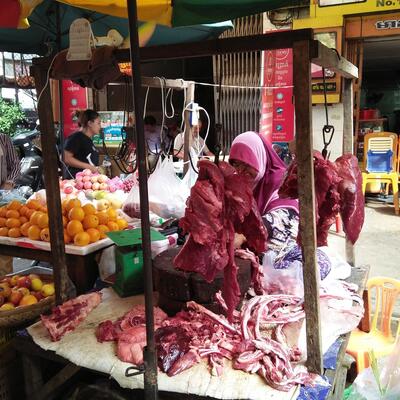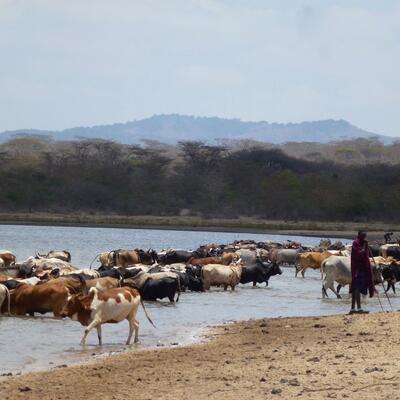
Regional experts join forces to improve smallholder pig sector in Asia and the Pacific
Around 100 leaders, researchers, investors, government, and private sector representatives from 16 countries spanning Asia, the Pacific, Australia and Africa gathered in Hanoi this week to identify solutions to some of the most pressing issues facing the smallholder pig sector in Asia and the Pacific.
The International Livestock Research Institute (ILRI) and the University of Queensland, Australia, with support from the Australian Centre for International Agricultural Research (ACIAR) and the CGIAR Research Program on Agriculture for Nutrition and Health (A4NH), co-hosted a regional symposium in Hanoi, Vietnam on 27-29 March on the challenges facing pig sector in the Asia and the Pacific.
The symposium is the first of its kind in the region. It provided a forum for this unique combination of participants to share experiences and exchange views on how to promote smallholder pig production in Asia and the Pacific in a sustainable way.
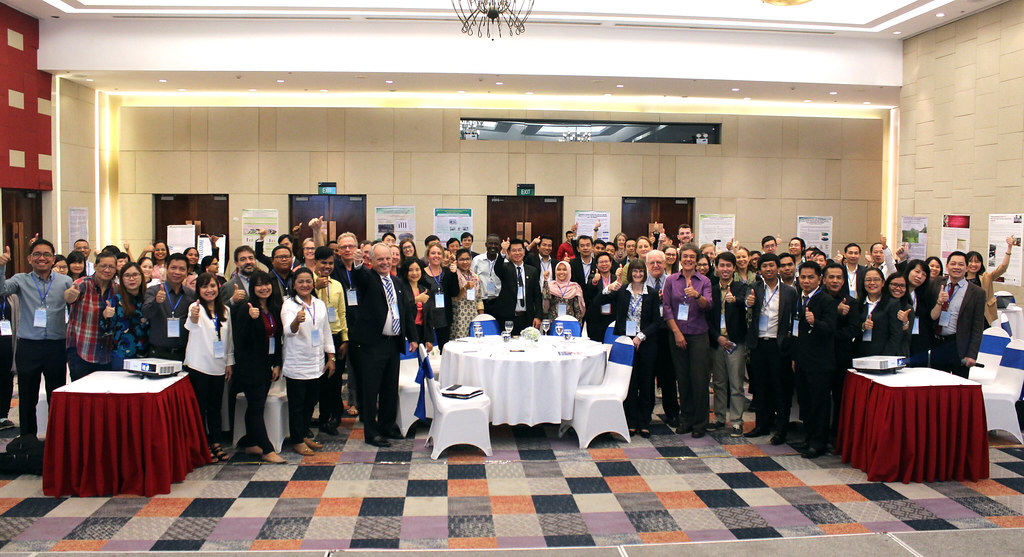
Group photo of 100 participants from Asia, the Pacific, Africa and Australia at the symposium (photo credit: ILRI/Chi Nguyen).
The smallholder pig industry plays an important role in many countries in Asia and the Pacific, but like other sectors, is not without its challenges, which vary among countries. In Timor-Leste, for example, the key issue is to develop practical husbandry practices to improve pig nutrition, whereas in Vietnam solutions are needed to produce safer pork for the market.
Tamsin Barnes, senior research fellow from the University of Queensland said ‘this meeting provides the opportunity for all of us to know what one another are doing and achieving so together we can both build on the success of others and also avoid their pitfalls. This will help us to open up opportunities for smallholders in the region.’
This meeting is especially timely, coming when the pig industry in the region is facing price volatility, food safety concerns, and recently reported outbreaks of African Swine Fever in Vietnam, China and elsewhere. Dieter Schillinger, deputy director general of ILRI, said that the meeting should ‘help us to identify research priorities across the pig sector and to articulate how we can, as diverse stakeholders across the region, work together to maximize the pig sector’s contributions to people’s prosperity region-wide.’
At the meeting, participants discussed key topics and interventions which included:
- Pig nutrition and husbandry
- Pig health and disease diagnostics
- Social science, gender and equity in the pig value chain
- Zoonoses and food safety including antimicrobial resistance
- Developing a sustainable, affordable, welfare-friendly and safe smallholder pig value chain
See the recap video of the symposium (4 minutes)






